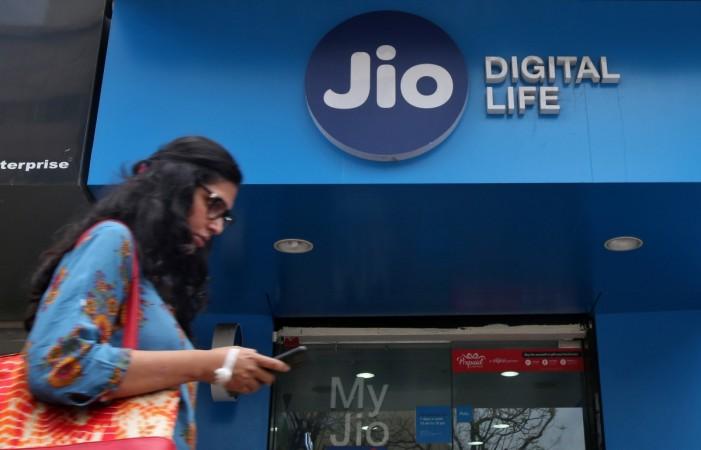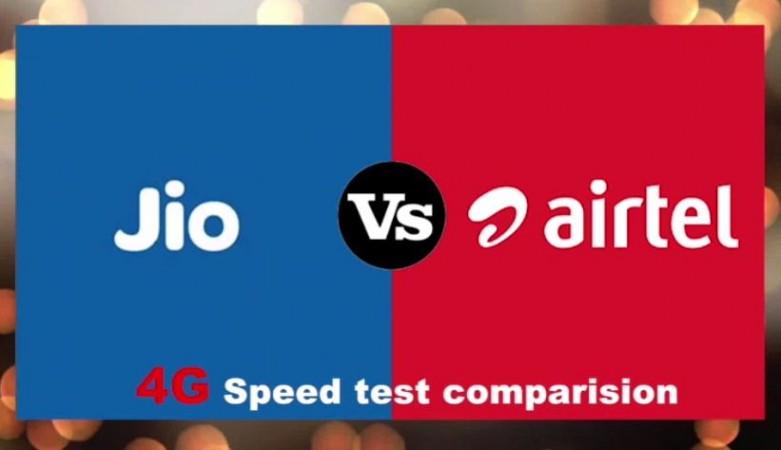With all three mobile service providers announcing rate hikes, the consumers may have to shell out at least 40 per cent more on mobile phone bills, reports suggest. Though the government says the rate increase will not hurt the customers, a switch over to the new tariff regime may hit the users hard.

Unlimited talk time
The rate increase, said to be the biggest ever in the country's telecom sector, appears to be about 40 per cent on prepaid plans, the limits set on talk time are going to be the money-spinners for the telcos. Instead of the unlimited talk time available with the plans until now, the new plans will set daily limits and overall usage limits. For users who have been used to unlimited talk time for a long time now, keeping track of the talk time will be difficult. More often than not, the calls are likely to extend beyond the stipulated limit.
The older players like Vodafone Idea and Bharti Airtel were the worst hit as they would have to shell out huge amounts in terms of accumulated licence fees, fines and other levies
For use of beyond the stipulated time, the telcos will charge 6 paise per minute that could add up t a hefty sum, industry observers say.

The telcos landed in trouble because of a fratricidal price war after Mukesh Ambani's Reliance Jio made an aggressive entry into the market in 2016. As the revenues plummeted, the recent Supreme Court order on adjusted gross revenue (AGR) dealt a body blow to the sector. The older players like Vodafone Idea and Bharti Airtel were the worst hit as they would have to shell out huge amounts in terms of accumulated licence fees, fines and other levies.
Telecommunication Minister Ravi Shankar Prasad has sought to dispel fears the rate increases will have a major fallout for the users. Prasad tweeted the data and voice calls in India would remain among the cheapest in the world and they would still be lower than what they were four years ago, a report on the Economic Times website said.
Analysts said the tariff increase would be the biggest in India's telecom industry, with the end of free voice services in most plans.
Prasad blamed Manmohan Singh-led United Progressive Alliance (UPA) led by the Congress party for the present crisis. He claimed Prime Minister Narendra Modi-led National Democratic Alliance(NDA) government had inherited high mobile internet cost "as much as Rs 268.97 per GB in 2014" from the UPA regime. Citing www.cable.co.uk, Prasad tweeted that India's mobile internet rate per GB was the lowest in the world. "Now it is Rs. 11.78 per GB, as per Trai."
The Congress party has alleged that rate increase amounted to a monthly Rs 36,000-crore largesse for private operators. Analysts said the tariff increase would be the biggest in India's telecom industry, with the end of free voice services in most plans.
Average revenue per user
Vodafone Idea and Airtel have increased rates only for prepaid subscribers, who account for over 90 per cent of their user base, starting from Tuesday (December 3). The price increases Jio's 355 million customers will become effective from December 6. Analysts said higher tariffs would improve the financial health of the telecom sector and help these telcos increase their respective average revenue per user (ARPU).
Telecom players have recognised hyper-competition and have put corrective measures in place, which is the first step towards moving to financial health while they continue to work with the government to see the additional areas where health of the sector can be improved. - Rajan S Mathews, director-general Cellular Operators Association of India,
He said the Supreme Court-mandated statutory dues base on AGR are to be made by January-end and the industry had to do something to get those funds.

















